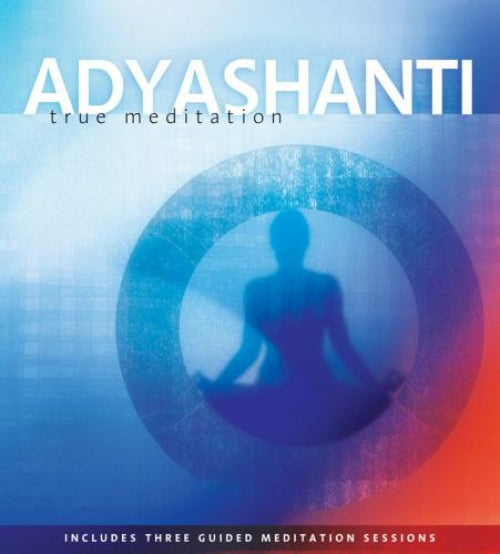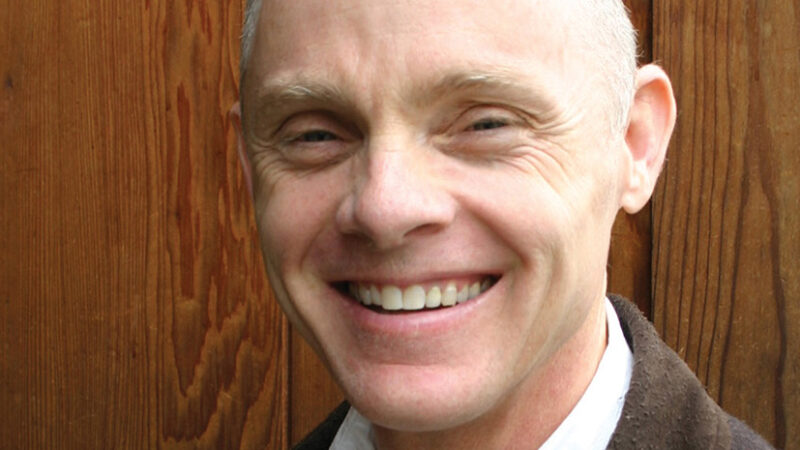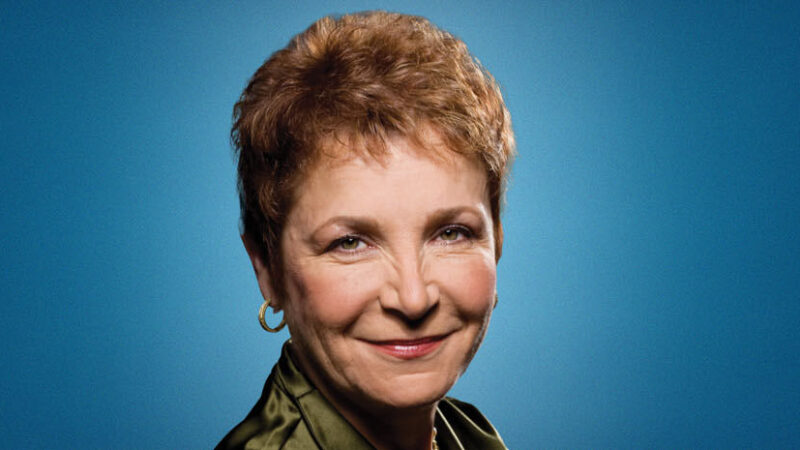Adyashanti speaks with Tami Simon about his understanding of the story of Jesus. Adyashanti is an American-born teacher trained in the Zen tradition who teaches today about the process of spiritual awakening. With Sounds True, his latest project is a book and audio program called Resurrecting Jesus: Embodying the Spirit of a Revolutionary Mystic. In this episode, Adya examines the deep mythic underpinnings of the story of Jesus and how it can serve as a map of awakening. He also talks about Jesus as a revolutionary figure, how the metaphor of the crucifixion helped him process his own experience with intense physical pain, and the redemptive power of love to restore us to our natural state. (79 minutes)










